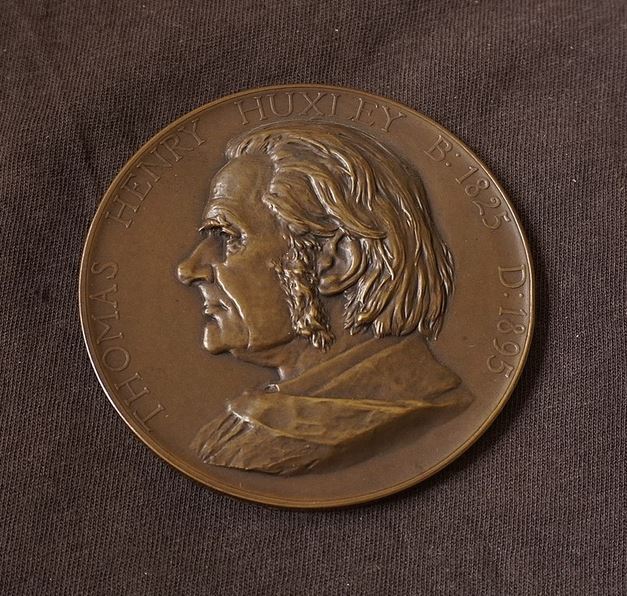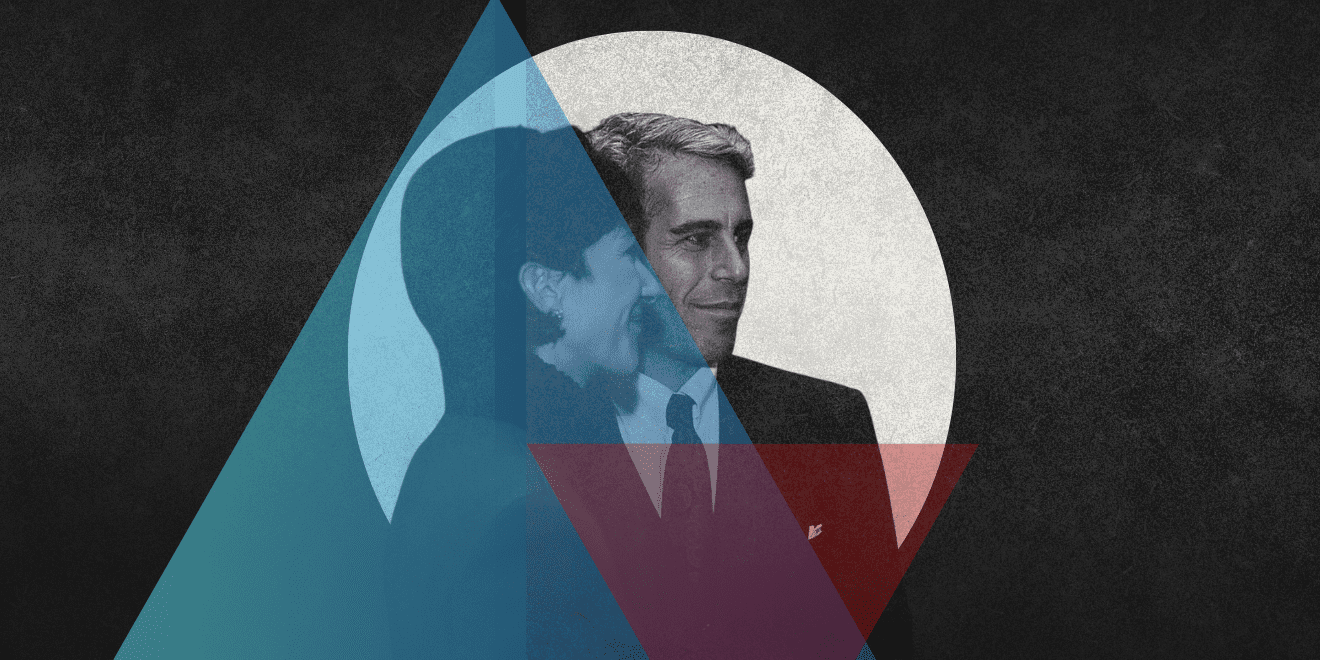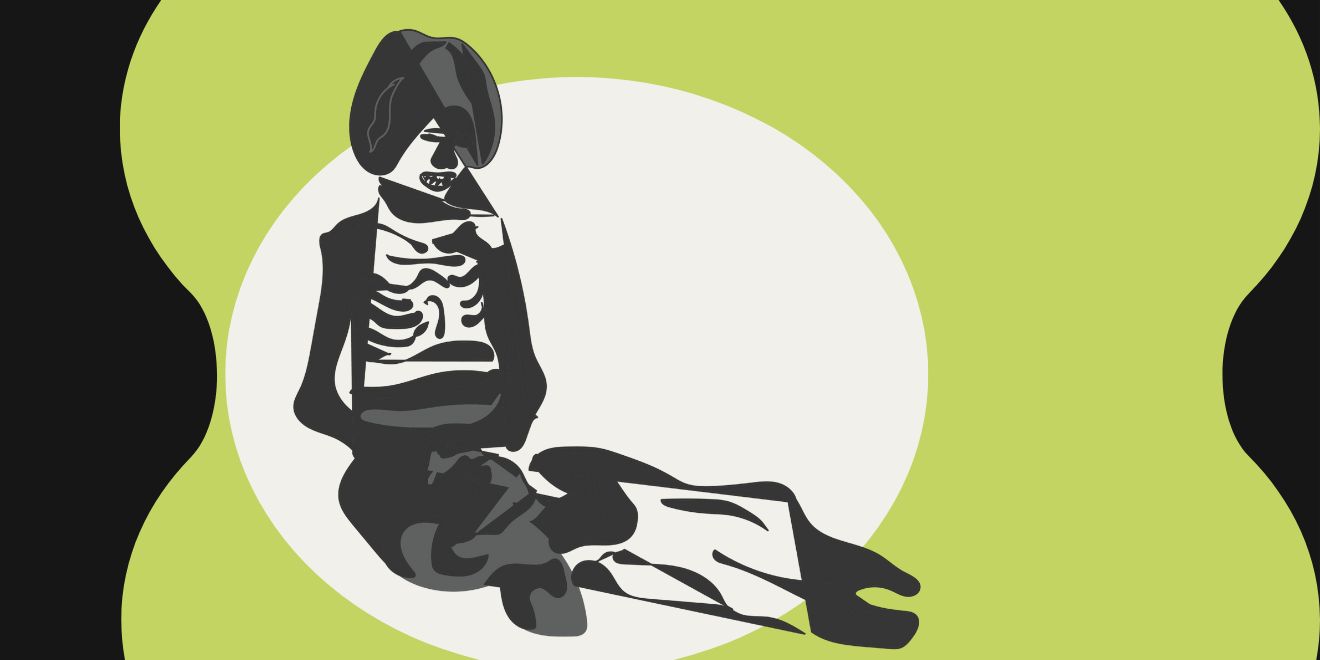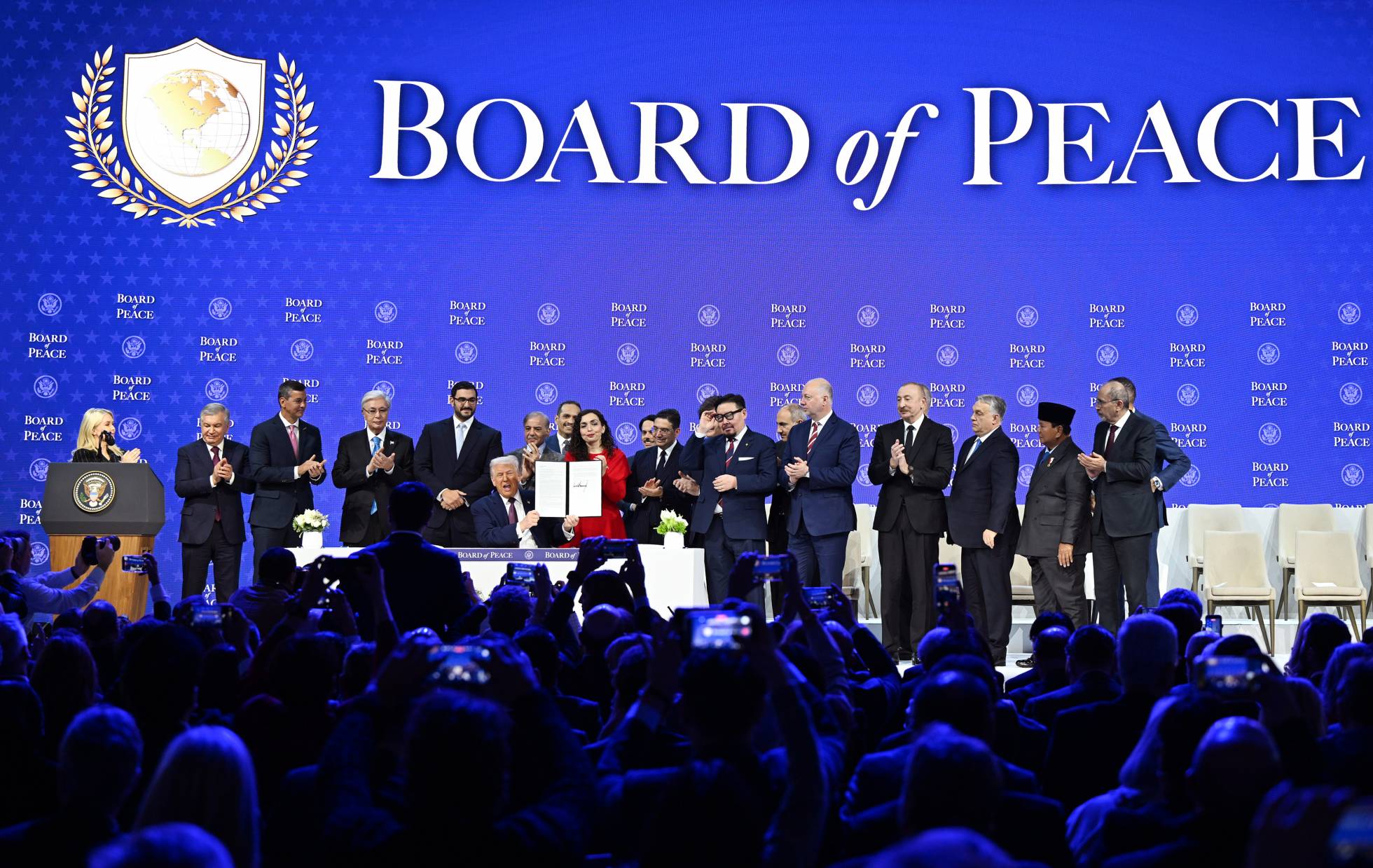I’m both honored and humbled to be the 2023 recipient of the Royal Anthropological Institute’s Huxley Award. Established in 1900, the recipients include some of the luminaries of the discipline, such as Marcel Mauss, Claude Lévi-Strauss, Edward Evans-Pritchard, Mary Douglas, Pierre Bourdieu and Anna Tsing. I completed my DPhil in social anthropology in 1988 but haven’t held an academic position—or for that matter any job—within a department of anthropology. But the sensibilities of social anthropology have informed my work as a researcher, activist and practitioner on human rights, humanitarian issues and conflict resolution.
The beating heart of social anthropology is critical reflection—asking questions of oneself and of the structures of power and seeing the world through the eyes of people who have different historical experiences and traditions. As a discipline, social anthropology had a troubled birth and childhood, and some of its ancestor figures were entangled in the colonial project of reducing the world to the ambit of imperial-capitalist ambition. However, more than the disciples of any other field of study, anthropologists have reflected on those legacies and turned their lenses on the structures of domination, patriarchy, and the construction of what counts as knowledge.
When I started my career, one reason I went to Sudan was that the University of Khartoum was at the time a world-leading center of critical inquiry on these topics. Anthropologists on the faculty, and in national development institutions, focused their lenses on the colonial and aid encounters, and were seeding new subdisciplines such as refugee and humanitarian studies, infused with this tradition of critique of power and its paradigms. In due course, similar sensibilities brought sometimes discomforting critique to the institutions of human rights and peacemaking and the practice of politics by venal, unscrupulous and astute members of the Sudanese elite. Almost forty years on, even though the university is now in ruins and its faculty in hiding or in exile, that tradition still lives on.
I like to think of the Huxley Medal as a tribute to those Sudanese (and South Sudanese) anthropologists who inspired me, and others from outside the continent, to apply critical sensibilities to the study of power.



